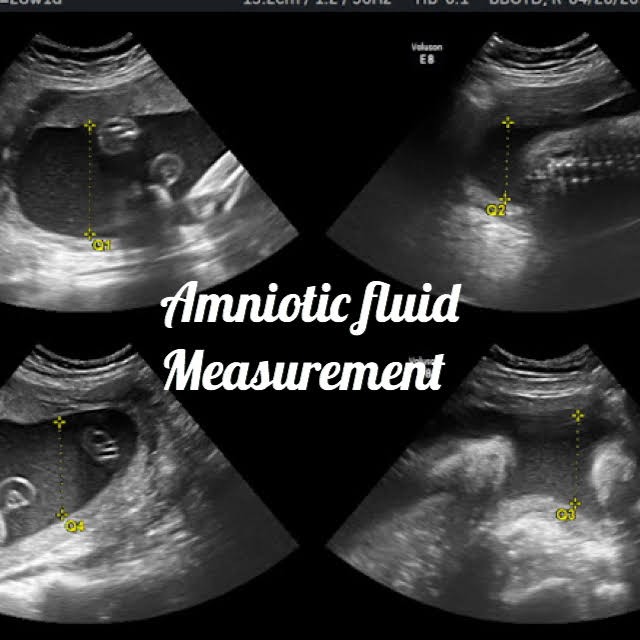
You and your baby will be monitored closely during labour, and your baby may require specialist care. In later pregnancy if low levels of amniotic fluid are thought to be putting your baby at risk, it may be felt that inducing early (premature) delivery would be safer for the baby than staying in the womb. If you have low levels of amniotic fluid but no sign of your waters having broken, you will be advised to drink plenty of fluid and rest as much as possible and you will be monitored regularly throughout the rest of your pregnancy. Your pregnancy will be closely monitored until you give birth. You will be advised to return to the hospital at once if you develop any signs of infection (such as a fever, bleeding, or loss of smelly or coloured fluid from the vagina) or if your baby’s movements slow down. You may be monitored in hospital or allowed to rest at home. You may receive antibiotic treatment to reduce the chance of developing an infection, and steroid injections to help the baby’s lungs to mature. How you are managed will depend on how early in the pregnancy you are when the waters break. If your waters have broken early, your consultant will discuss a plan of care with you. Is there any treatment for low amniotic fluid? If your waters break before your baby is due, you should immediately contact your midwife or hospital for advice. This can be mistaken for urinary incontinence, but normal amniotic fluid is straw-coloured and you may be able to distinguish it from urine because it is sweeter smelling. If the low level has been caused by the waters breaking early, then the mother may notice the fluid liquid leaking from the vagina. If there is a low level of amniotic fluid, it may be noticed at one of the routine ultrasound scans during pregnancy. How do I know if I don’t have enough amniotic fluid? A low level of amniotic fluid is also associated with an increased risk of miscarriage, stillbirth and premature labour. How could not having enough amniotic fluid affect my baby?Ī low level of amniotic fluid can affect the development of the baby’s lungs and other organs, can lead to poor growth in the womb and increase the risk of infection. ACE inhibitors for high blood pressure, or anti-inflammatory medicines such as ibuprofen)


It can be caused by too little fluid being made, for example if the baby’s kidneys are not developing properly or there is a blockage of their urinary tract. Low levels of amniotic fluid can occur at any stage of pregnancy but the earlier it occurs the more serious the outlook.

What are the causes of low amniotic fluid? The amount of fluid normally increases throughout pregnancy, reaching its maximum volume at 36– 37 weeks. The fluid also contains hormones, antibodies (to fight infection) and nutrients. After about 20 weeks the baby’s urine makes up most of the fluid. It also protects against infection, keeps the baby’s temperature constant and helps their lungs, kidneys, digestive tract, bones and muscles to develop properly.Īt the start of pregnancy the fluid is mainly water from the mother’s body. The fluid inside this bag (‘amniotic fluid’) acts as a cushion around the baby to protect it from injury as the mother moves around. In the womb, the unborn baby develops inside a bag of fluid known as the ‘amniotic sac’.


 0 kommentar(er)
0 kommentar(er)
